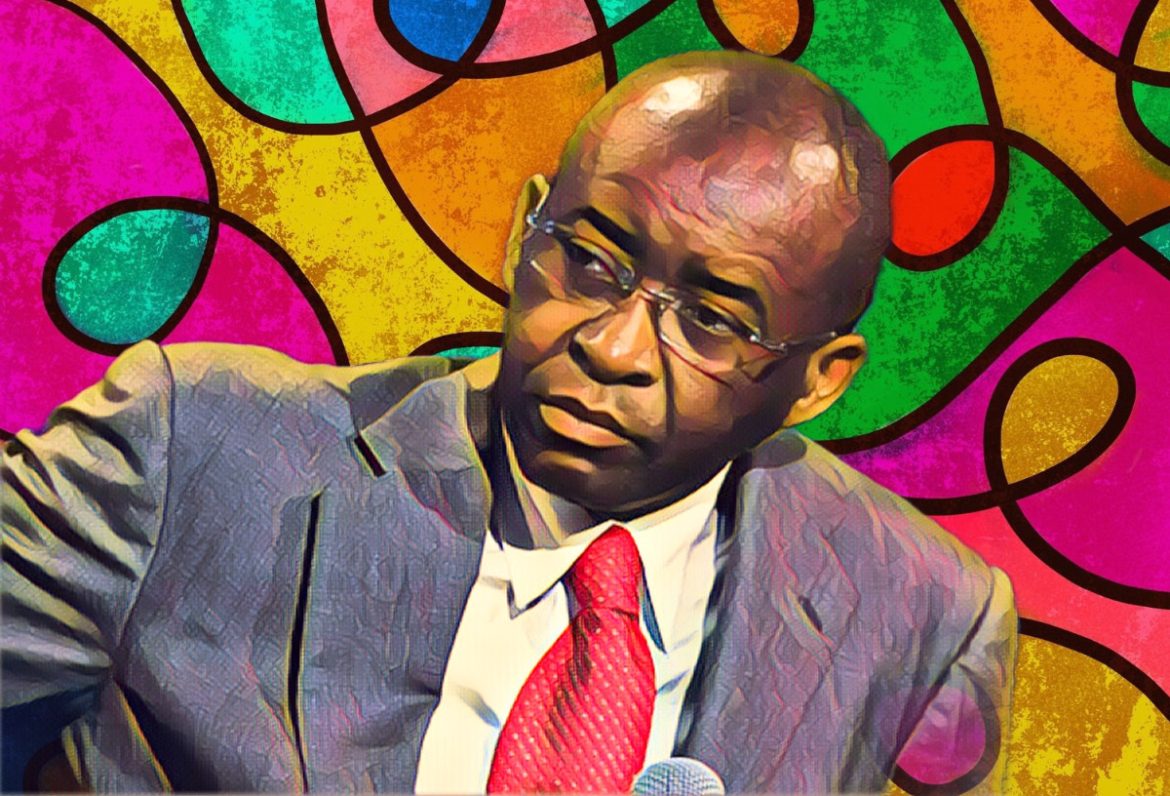KEY POINTS
- Strive Masiyiwa regains $100 million, lifting net worth to $1.3 billion.
- Econet and TN CyberTech recover as Zimbabwe’s ZiG currency stabilizes.
- Africa’s first AI factory with NVIDIA ships 3,000 GPUs to South Africa.
Zimbabwe’s richest man, Strive Masiyiwa, has clawed back $100 million in August, restoring his net worth to $1.3 billion as Africa’s first artificial intelligence factory begins delivering high-performance computing hardware. The rebound marks a sharp recovery for the telecoms magnate, who had seen his fortune shrink by $600 million earlier this year.
According to Forbes estimates, the 63-year-old entrepreneur has regained ground after navigating one of the most turbulent periods in Zimbabwe’s recent economic history. The return of investor confidence, coupled with early milestones from his AI partnership with NVIDIA, has boosted both his personal wealth and his standing as one of Africa’s most influential business leaders.
Net worth rebound lifts investor sentiment
Masiyiwa’s fortune had dipped to $1.2 billion in May, down from $1.8 billion at the start of 2025. The decline was triggered by Zimbabwe’s radical shift to a new gold-backed currency, known as the ZiG, which rattled investors and disrupted markets.
His controlling stakes in two listed companies—Econet Wireless Zimbabwe, where he holds 38 percent, and TN CyberTech Investments Holdings (formerly EcoCash Holdings Zimbabwe), with 33 percent—saw sharp declines at the time. The currency overhaul, while aimed at curbing hyperinflation, unsettled trading volumes and corporate valuations.
But signs of stability have since emerged. The ZiG has begun to restore credibility in Zimbabwe’s financial system, and Masiyiwa’s companies are benefitting. Shares in both Econet and TN CyberTech have inched higher, helping push his net worth back up by $100 million. Beyond his home market, his stake in Liquid Intelligent Technologies—a pan-African cloud, fiber, and data center provider—continues to perform strongly.
AI factory rollout strengthens Africa’s tech capacity
The larger driver of Masiyiwa’s rebound is his bold bet on artificial intelligence. Through Cassava Technologies, his tech investment arm, he has launched Africa’s first AI factory in partnership with NVIDIA, the California-based chipmaker now valued at over $3 trillion.
The facility, which is producing high-performance graphics processing units (GPUs) tailored for AI applications, is designed to transform Africa’s computing infrastructure. South Africa became the first country to benefit, receiving around 3,000 GPUs in June. Plans are underway to ship another 9,000 units to Kenya, Nigeria, Morocco, and Egypt over the next few years.
Masiyiwa has pitched the project as a way to keep sensitive data on the continent while equipping governments, researchers, and businesses with the processing power needed for advances in health, education, and industrial automation. The initiative also integrates NVIDIA’s AI cloud software, opening opportunities for African developers to build homegrown solutions.
“This is about building Africa’s digital sovereignty,” Masiyiwa said in a recent address, noting that local AI infrastructure would allow African nations to compete more evenly in the global knowledge economy.
Currency shift sparks recovery in Zimbabwe holdings
The recovery in Zimbabwe’s economy has been key to Masiyiwa’s comeback. The introduction of the ZiG has begun to stabilize inflationary pressures, which had crippled both households and corporations. For investors, the policy shift has been a turning point.
“Confidence is slowly returning, and Masiyiwa’s businesses are among the few credible plays in Zimbabwe’s market,” said a Harare-based analyst who tracks telecoms and fintech stocks.
The billionaire’s influence now stretches beyond telecoms and fintech. His portfolio includes ventures in satellite technology, renewable energy, and digital infrastructure. But it is his AI play that could define the next chapter of his empire, cementing his status not just as Zimbabwe’s wealthiest man but as a key player in Africa’s technological transformation.
For a businessman who built Econet from scratch in 1998 into a telecom giant spanning 20 countries, the AI factory is more than another venture—it is a statement of intent. “Africa cannot afford to be left behind in the AI revolution,” he often says.


